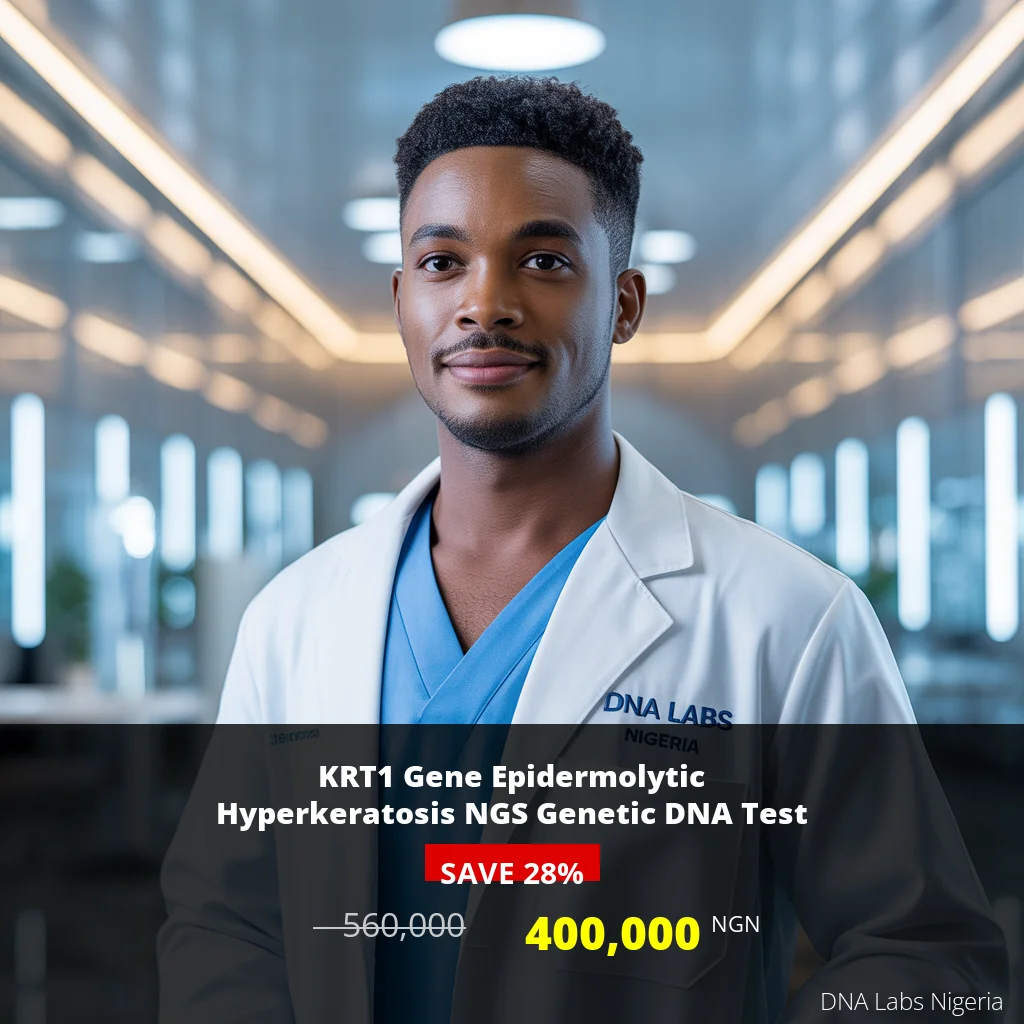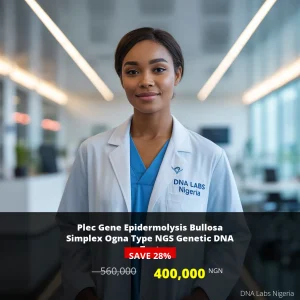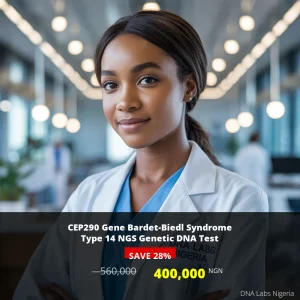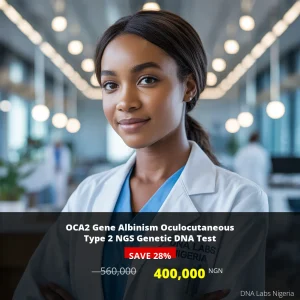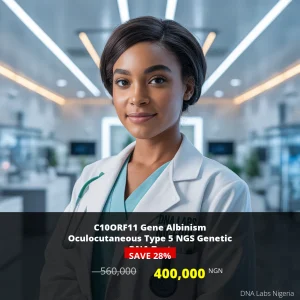KRT1 Gene Epidermolytic Hyperkeratosis NGS Genetic DNA Test
Introduction to the KRT1 Gene Test
The KRT1 Gene Epidermolytic Hyperkeratosis NGS Genetic DNA Test is a pivotal diagnostic tool designed to identify mutations in the KRT1 gene, which are linked to epidermolytic hyperkeratosis. This condition is characterized by thickened skin and is often accompanied by redness and scaling. Understanding your genetic predisposition is crucial for managing this skin disorder effectively.
What This Test Measures
This genetic test utilizes Next Generation Sequencing (NGS) technology to detect specific mutations in the KRT1 gene. By analyzing your DNA, the test can confirm the presence of genetic changes that may lead to epidermolytic hyperkeratosis.
Who Should Consider This Test?
This test is recommended for individuals who exhibit symptoms of epidermolytic hyperkeratosis, such as:
- Thickened, scaly skin
- Redness and inflammation
- Family history of skin disorders
If you have risk factors or a family history of this condition, consulting with a dermatologist or genetic counselor can help determine if this test is appropriate for you.
Benefits of Taking the KRT1 Gene Test
- Identifies genetic predisposition to epidermolytic hyperkeratosis.
- Guides management and treatment options.
- Provides valuable information for family planning and genetic counseling.
- Helps in understanding the inheritance patterns of the disorder.
Understanding Your Results
Results from the KRT1 Gene Epidermolytic Hyperkeratosis NGS Genetic DNA Test will be provided with a detailed report. It is essential to discuss these results with a healthcare provider or genetic counselor to understand their implications fully.
Test Pricing
| Test Name | Discount Price | Regular Price |
|---|---|---|
| KRT1 Gene Epidermolytic Hyperkeratosis NGS Genetic DNA Test | 400,000 NGN | 560,000 NGN |
Booking Your Test
To book your KRT1 Gene Epidermolytic Hyperkeratosis NGS Genetic DNA Test, please contact us at +2348110567037. Our team is ready to assist you with your booking and any questions you may have.
Additional Information
Turnaround time for results is approximately 3 to 4 weeks. The test can be performed using a sample of blood, extracted DNA, or even a single drop of blood on an FTA card. A genetic counseling session is also advised to draw a pedigree chart of family members affected by the KRT1 gene mutation.
Consult with a dermatologist or genetic specialist to learn more about how this test can provide insights into your health and guide your treatment options.

